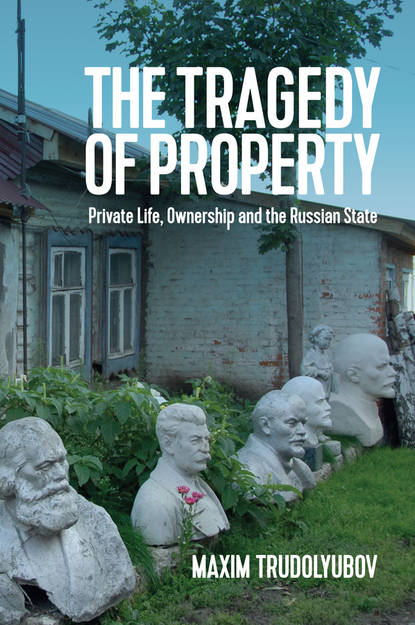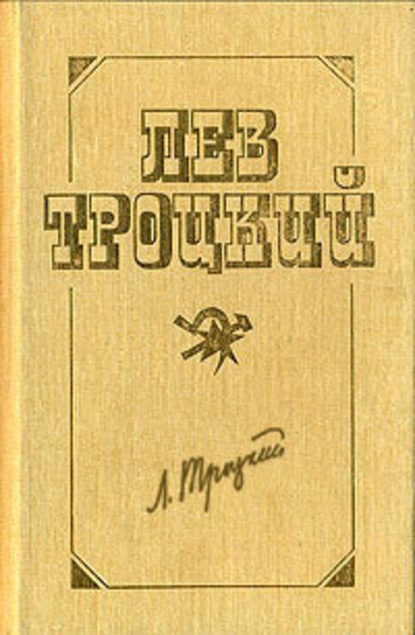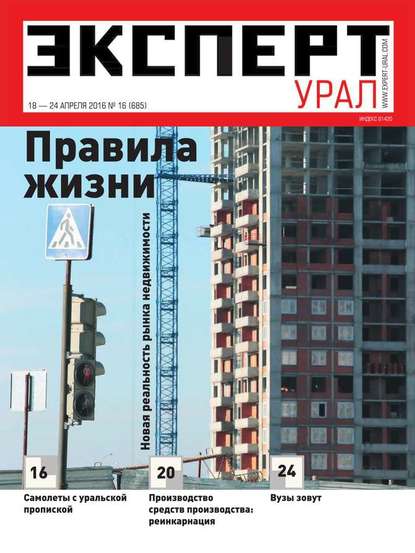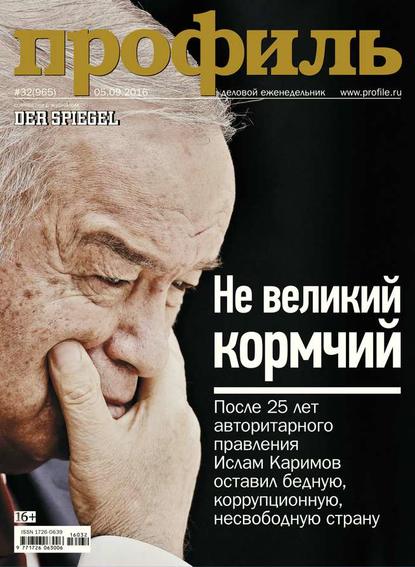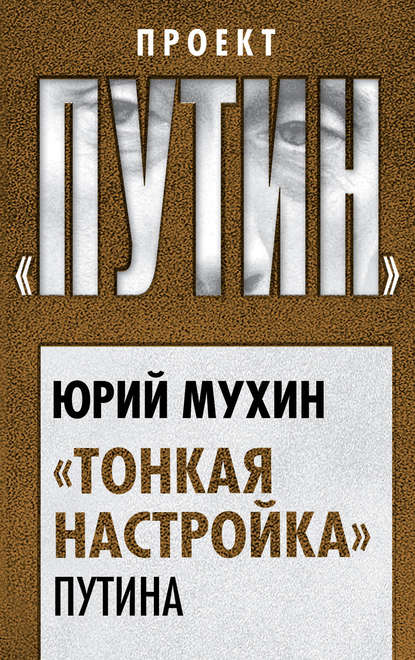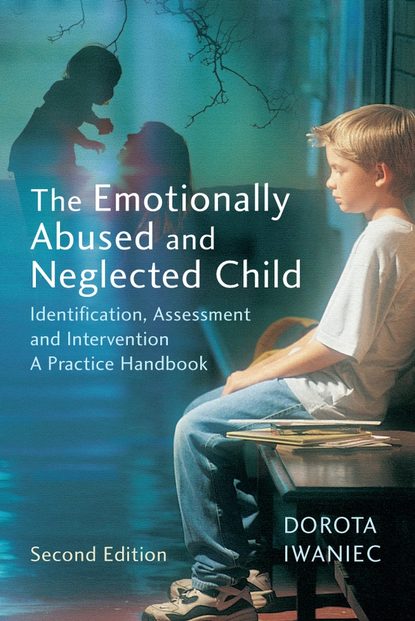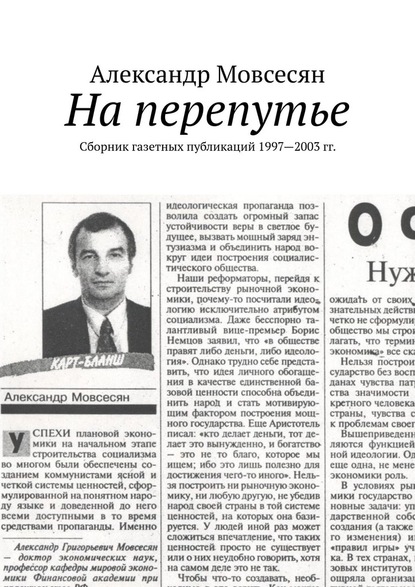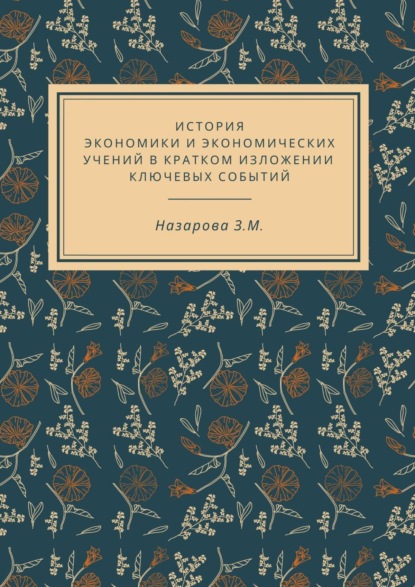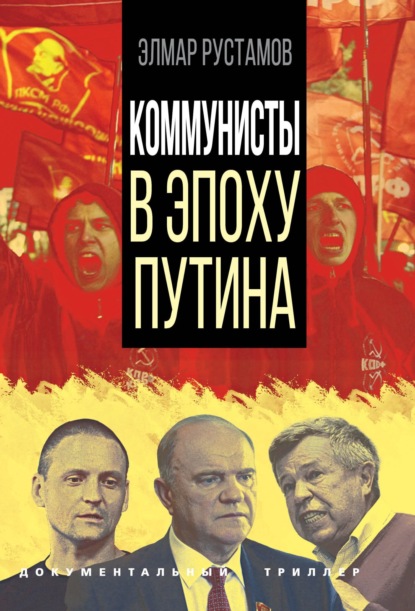В книгах, поэзии и балете русских авторов страна четко присутствует в семье европейских культур, но есть что-то другое в этой стране, особенно в том, что касается ее политической культуры. Что делает Россию другой? Максим Трудолюбов использует частную собственность как линзу, чтобы подчеркнуть наиболее важные черты, которые отличают Россию как политическую культуру. На Западе частная собственность служила опорой частного лица против государства; в России, напротив, она в основном использовалась властями в качестве инструмента управления. Либералы XIX века не считали права собственности одной из гражданских причин, достойных защиты. Собственность была связана с крепостным правом, и даже после освобождения крепостных крестьян учреждение собственности все еще рассматривалось как атрибут ретроградной аристократии и деспотичного правительства. Это было то, что нужно было уничтожить - и действительно, это было так в 1917 году. По иронии судьбы, советский Союз, с появлением массового жилищного строительства в 60-х годах, дал хорошее имя концепции частной собственности. После принудительной коллективизации и массовой урбанизации люди жаждали своего собственного пространства. Крушение советской идеологии позволило называть собственность собственностью, но не все собственности были равны. Можно было владеть квартирой, но нельзя было владеть нефтяной компанией, поскольку ни на бумаге, ни наяву это не могло быть собственностью. Вот почему большинство российских предпринимателей регистрируют свой бизнес в офшорных юрисдикциях и хранят свои деньги за границей. Этот свежий и совершенно оригинальный взгляд на российскую историю будет представлять большой интерес для всех, кто хочет понять Россию сегодня.
This book is by Maxim Trudolyuboff and focuses on the role of private property in shaping Russian political culture, examining legal, social and economic aspects through the lens of Russian history. The author argues that while Russian Classics were heavily influenced by Western culture, they retained a fundamentally different political culture due to the unique role played by property rights. This raises the question of whether such an approach is able to contribute to deeper understanding of contemporary Russia and its citizens. This may be particularly relevant for countries in transition or developing democracies which want to learn from rich and complex histories of other cultures. However, hopefully some findings that may hold relevance to current circumstances can also be gleaned, either directly or through comparisons to past experiences.
The unknown book to you? Well, here's a brief description: Russian novels, poetry, and ballets have thrust the nation squarely into the European cultural family, but there is a certain difference about this country when it comes to its political mindset. What makes this country unique? Journalist Maxim Trudoyubov traces these differences through an analysis of private property. In most Western societies, property serves as a buffer between the individual and government; in Russia it has instead largely been manipulated at the hands of authorities. Yet, nineteenth century Russian liberals passed over property rights as worthless to defend, associating it with serfism and even after emancipation seeing it as the soul of retrogressive aristocracies and oppressive statecraft. Property simply had to disappear, and it did, in 1917, only to reappear accidentally, hidden by the Soviet project as a means to house people. Only after forced collectivism, rampant urbanization were peopleaving earnest desire for one's own space. When Soviet ideology crumbled, the very notion of being the owner of something resurfaced, yet, not everything legal became real. One could own apartments, yet not entire oil corporations, something that could exist on paper, but was limited in practice. Trudoyurov's penetrating analysis of the struggle between political priorities and practicality holds great appeal for anyone wanting to improve their understanding of contemporary Russia.
Электронная Книга «The Tragedy of Property. Private Life, Ownership and the Russian State» написана автором Maxim Trudolyubov в году.
Минимальный возраст читателя: 0
Язык: Английский
ISBN: 9781509527021
Описание книги от Maxim Trudolyubov
Russian novels, poetry and ballet put the country squarely in the European family of cultures and yet there is something different about this country, especially in terms of its political culture. What makes Russia different? Maxim Trudolyubov uses private property as a lens to highlight the most important features that distinguish Russia as a political culture. In many Western societies, private property has acted as the private individual’s bulwark against the state; in Russia, by contrast, it has mostly been used by the authorities as a governance tool. Nineteenth-century Russian liberals did not consider property rights to be one of the civil causes worthy of defending. Property was associated with serfdom, and even after the emancipation of the serfs the institution of property was still seen as an attribute of retrograde aristocracy and oppressive government. It was something to be destroyed – and indeed it was, in 1917. Ironically, it was the Soviet Union that, with the arrival of mass housing in the 1960s, gave the concept of private ownership a good name. After forced collectivization and mass urbanization, people were yearning for a space of their own. The collapse of the Soviet ideology allowed property to be called property, but not all properties were equal. You could own a flat but not an oil company, which could be property on paper but not in reality. This is why most Russian entrepreneurs register their businesses in offshore jurisdictions and park their money abroad. This fresh and highly original perspective on Russian history will be of great interest to anyone who wants to understand Russia today.
